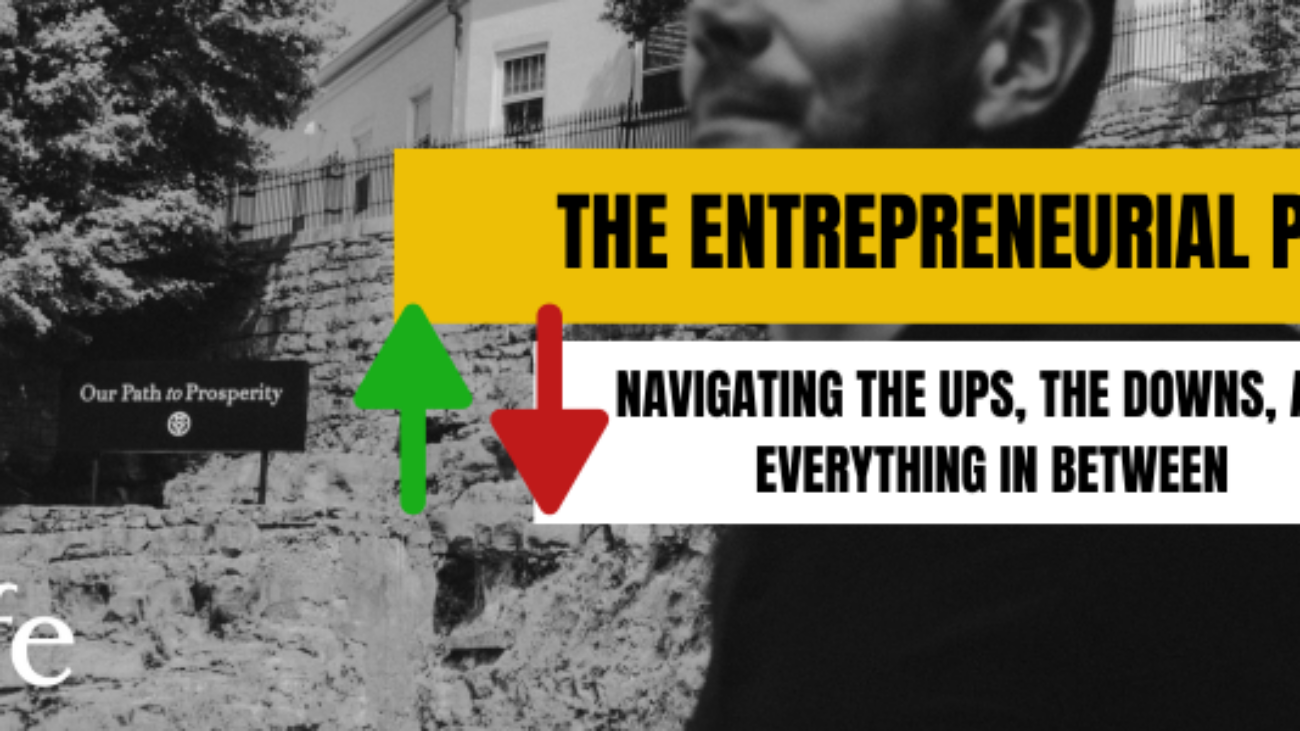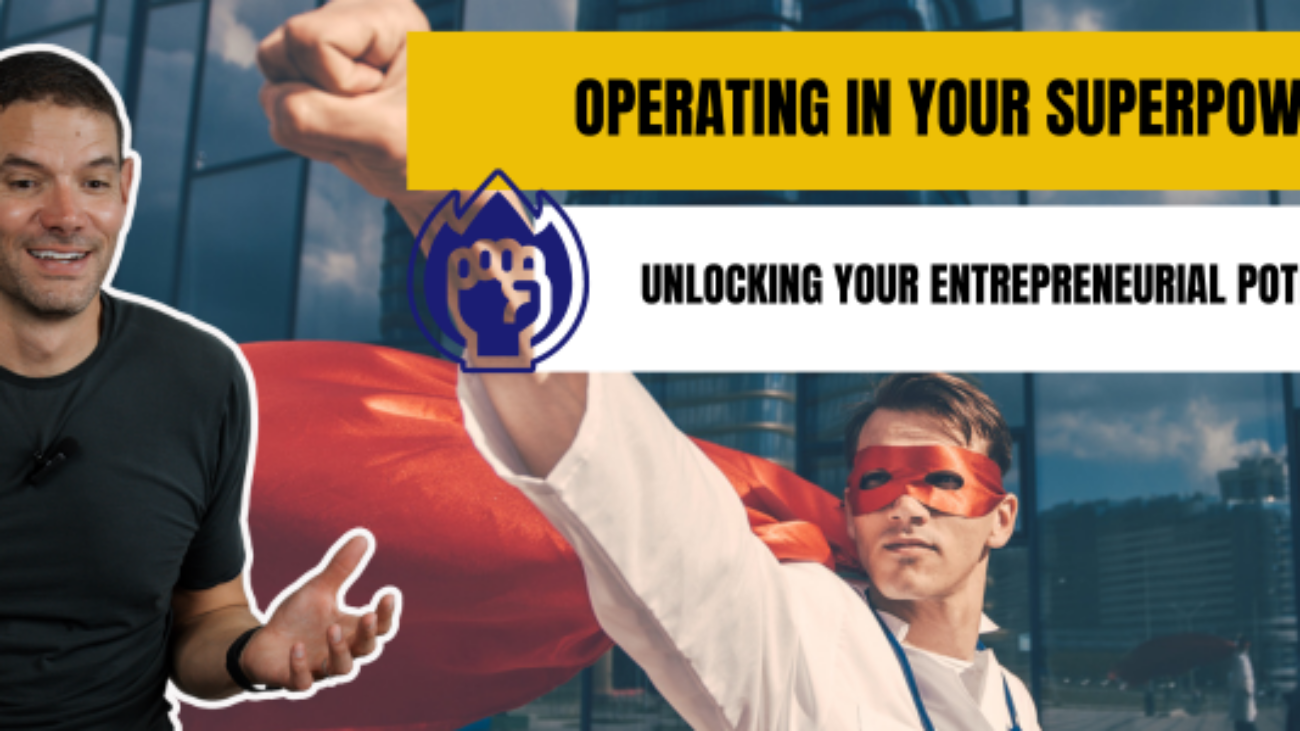As entrepreneurs, we often find ourselves in a constant state of hustle and bustle, chasing our dreams and striving for success. Our passion and dedication drive us forward, but we sometimes forget the importance of taking a step back to rest and recharge amidst the chaos. I spent the last week away on a cruise with my family. It was an awesome time spent together in a new and interesting environment with a lot of cool and interesting people. Time needed and well spent. Here are some things I got out of it and why I think you need to take some time to recharge too:
Enhances creativity:
You get to detach from the daily grind and create space for new ideas and fresh perspectives. When we give ourselves permission to rest, we open the door to some major creative insights and solutions. Taking a break from the daily routine can spark inspiration and unlock hidden gems we could have missed.
Mental Health Boost:
Our journeys as entrepreneurs are demanding and overwhelming, often leading to burnout if we don’t pay attention our well-being. Pushing ourselves relentlessly without breaks can have a super negative impact on our mental health and overall productivity. It’s essential to take some time away when you need it to take care of your well-being.
Clarity and Perspective:
When we are constantly immersed in our work, it becomes challenging to see the bigger picture. Taking a step back and allowing ourselves time to rest enables us to gain clarity and perspective. It allows us to reflect on our progress, reassess our goals, and make necessary adjustments. Detaching from the day-to-day operations helps with decision-making. Sometimes you can’t see the forest because of the trees.
Productivity:
Contrary to common belief, rest does not hinder productivity; it is an essential ingredient for performing at your best. When we give ourselves permission to rest and recharge, we return to work with increased focus, energy, and efficiency, ready to tackle what’s ahead.
In the fast-paced and super-competitive world of business and entrepreneurship, it’s easy to overlook the importance of rest and recharge. Everyone recharges the same way. For me, I love seeing new places, talking to cool new people and spending time with the family. Look at making time to rest as a strategic move, not as a weakness or something that’s going to slow you down. It’s going to empower us to achieve more and win in the long-term game. Success is not only about hard work but also about finding balance and taking care of ourselves along the way.










